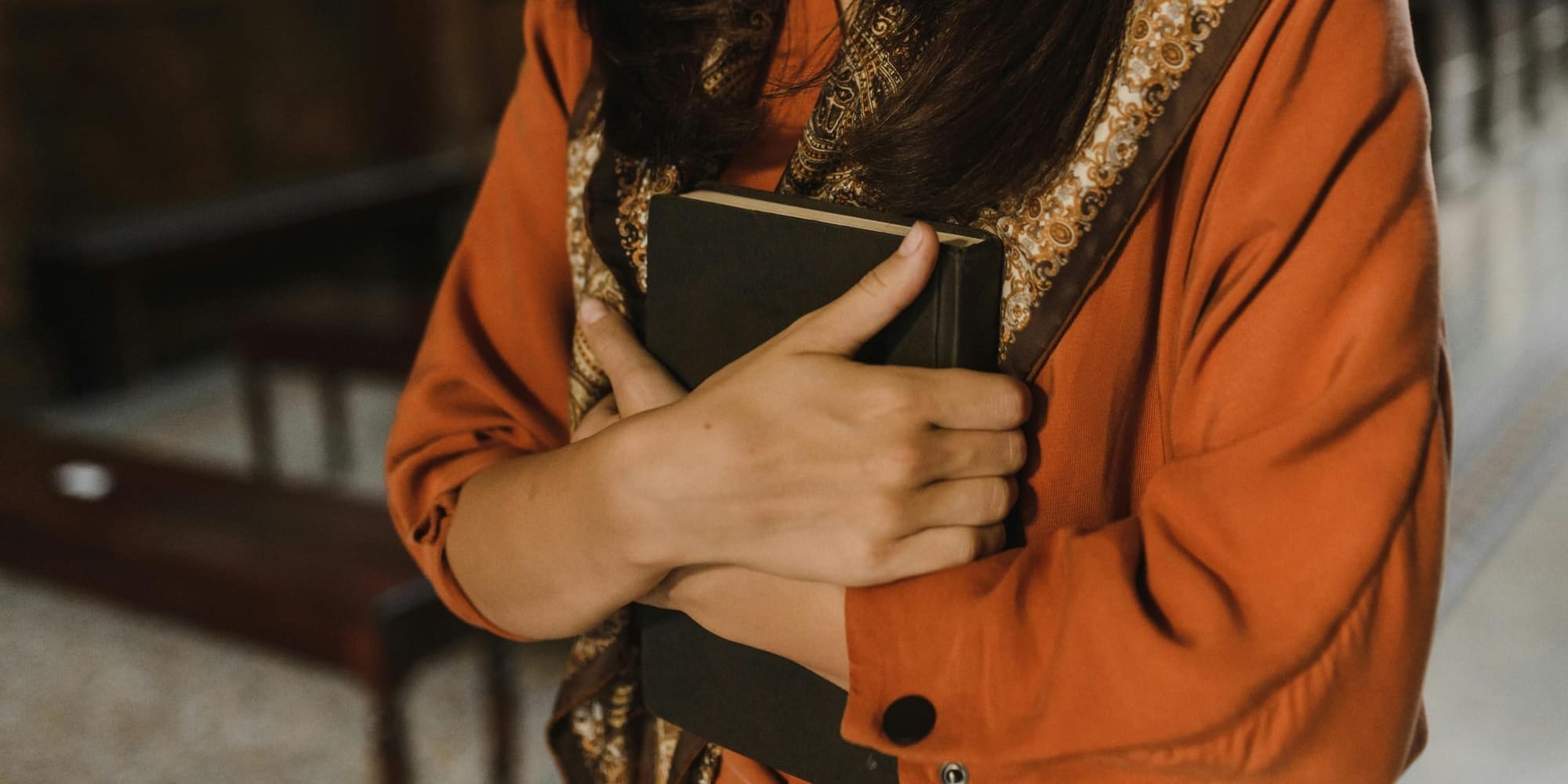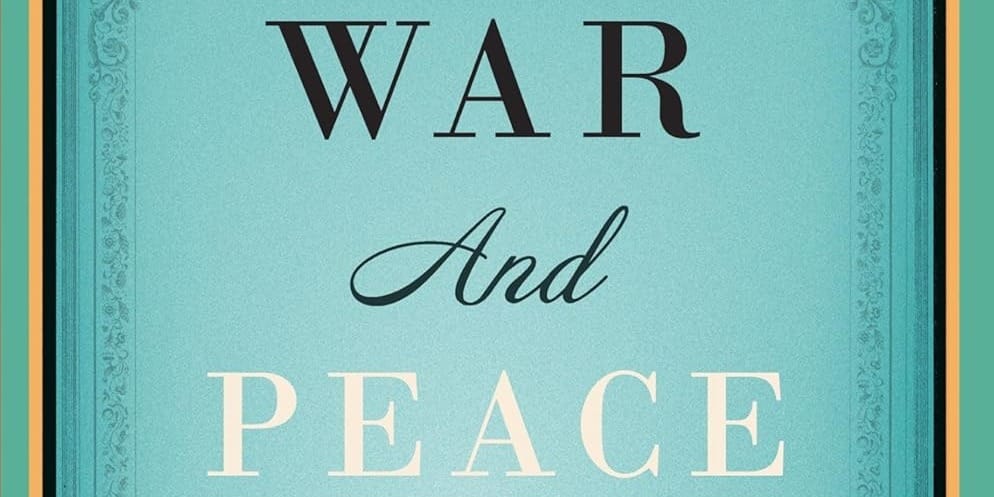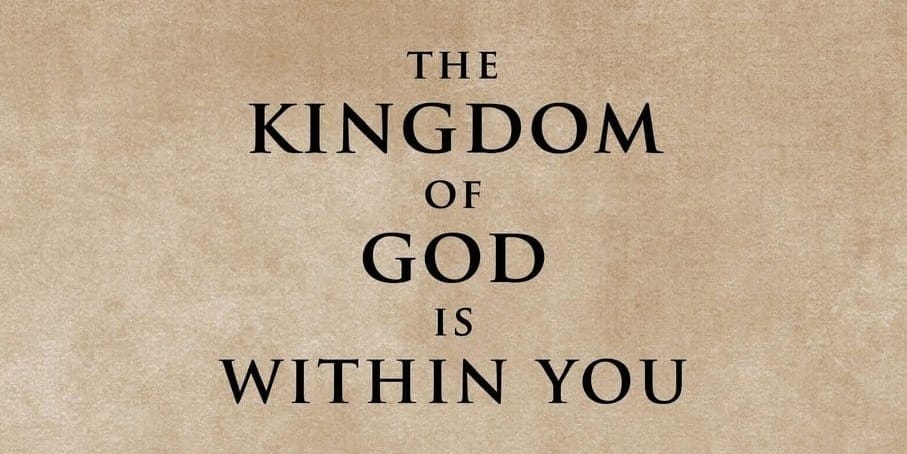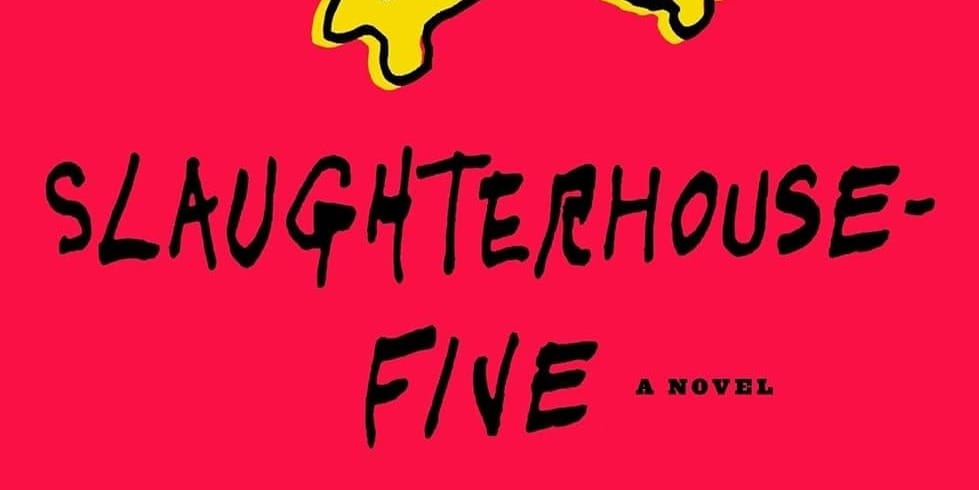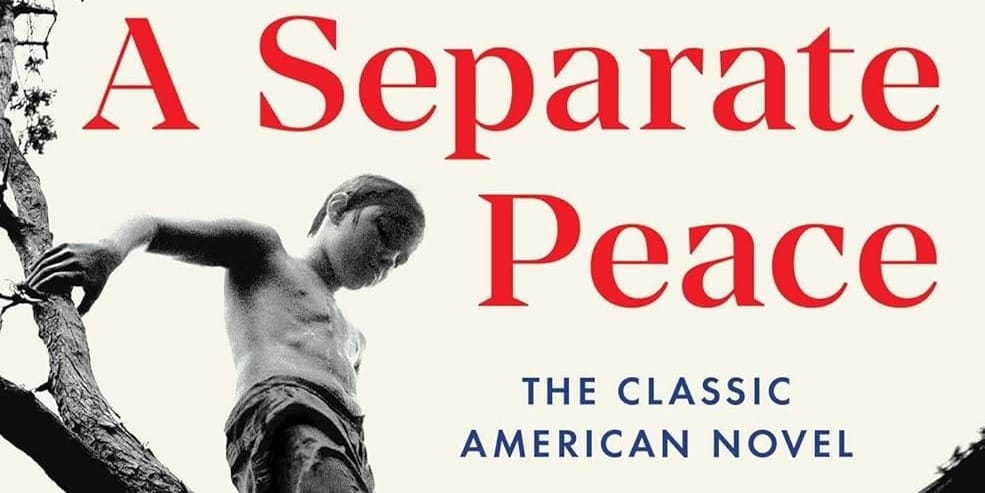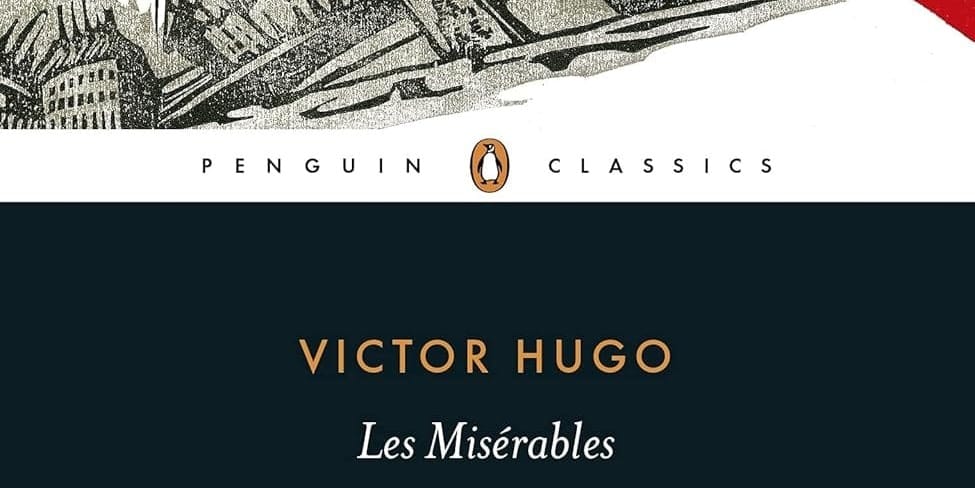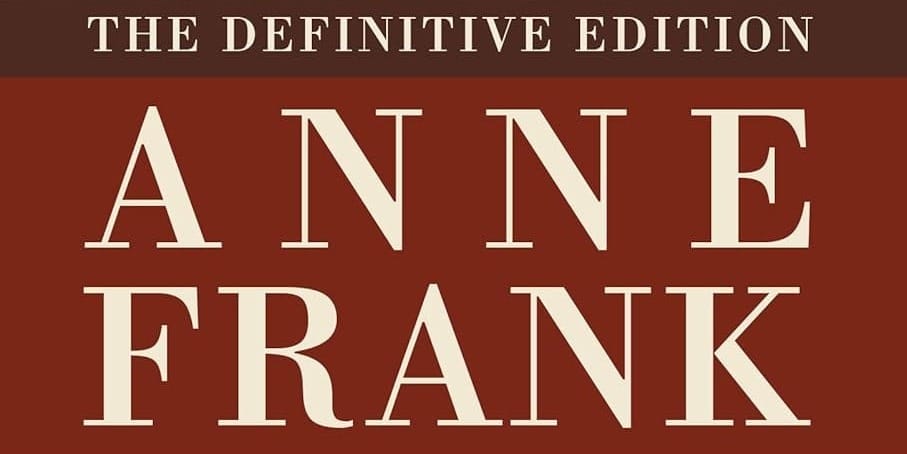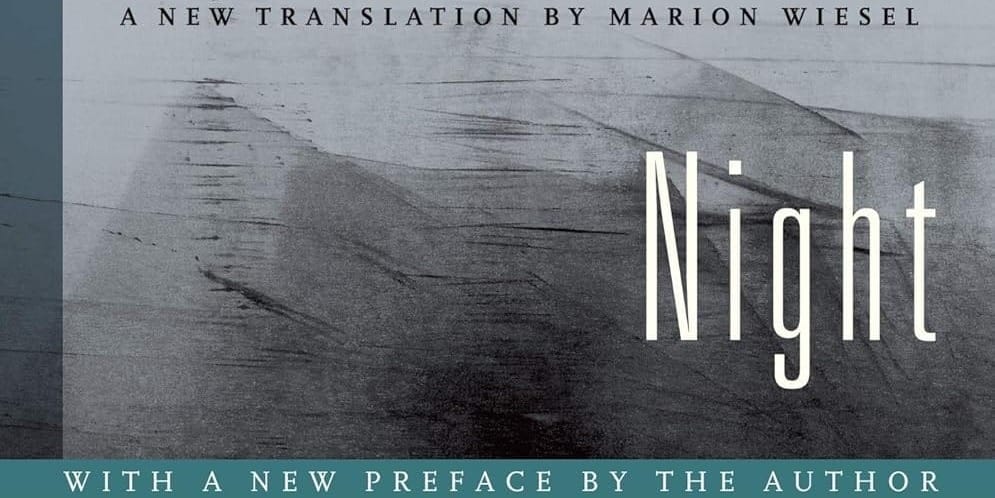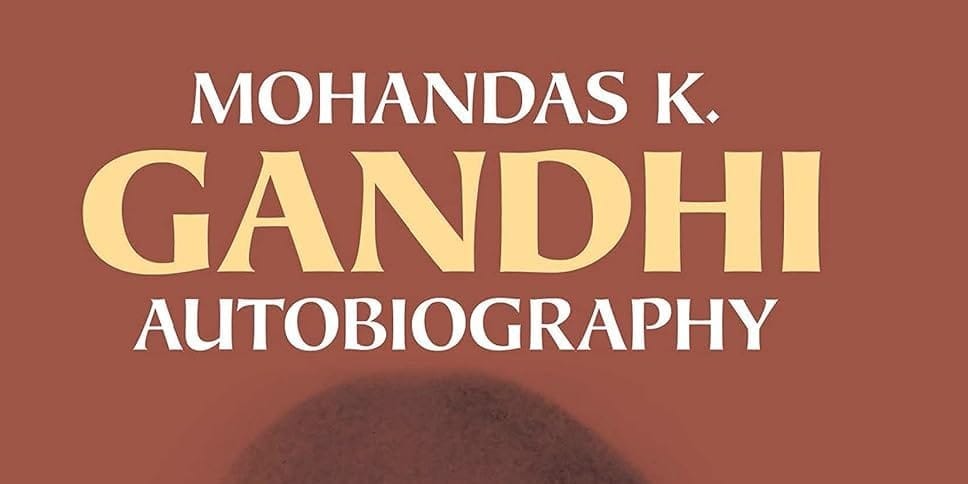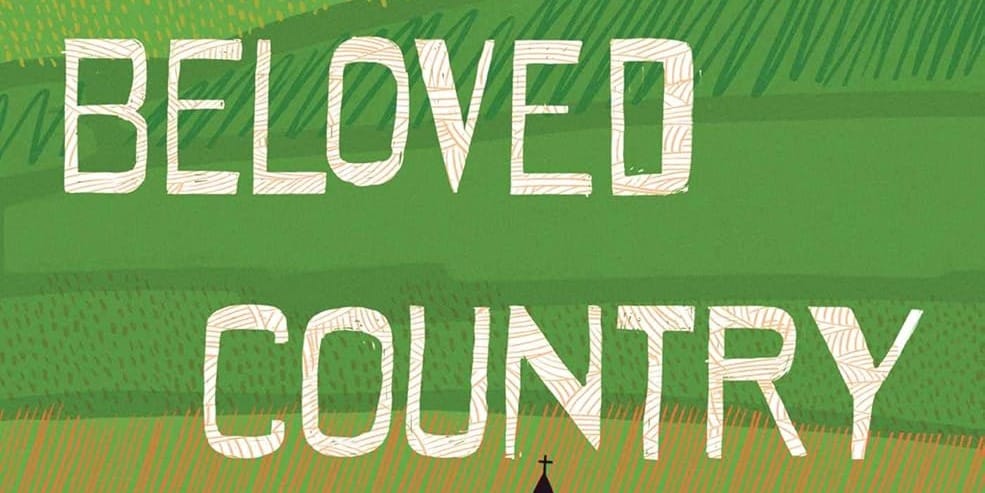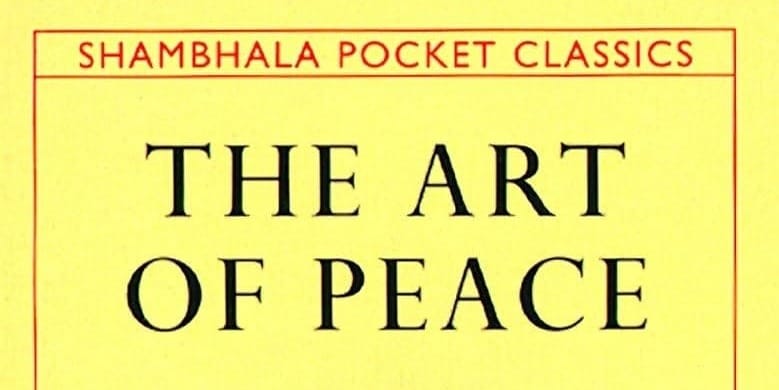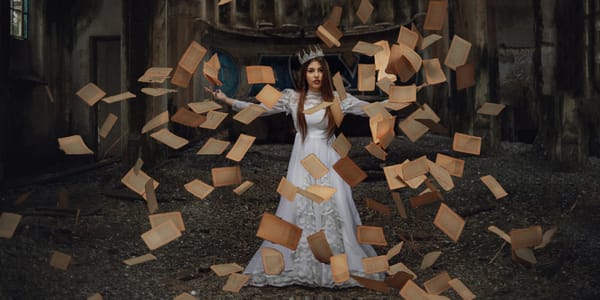Think about all the stories that have shaped your understanding of war, conflict, and peace. Are they tales of bloodshed and heroism, or do they dive into the deeper nuances of reconciliation and the human yearning for harmony? Literature has long served as a window into the paradox of war and peace—how destruction coexists with hope, how division leads to unity, and how silence often speaks louder than weapons.
Some books tell us peace is simply the absence of war, while others show us it’s something much deeper—a state of being, a commitment, a philosophy. Classic literature, with its ability to transcend time, captures the struggles of individuals and societies as they grapple with these concepts. Many of these works are also considered among the most important must-read classics, offering timeless lessons on human nature and moral dilemmas.
How Classic Literature Explores Peace, Nonviolence, and Reconciliation
Literature has long been a powerful medium for exploring themes of peace, conflict, and reconciliation. Some novels depict the brutal realities of war, while others focus on the profound transformations that occur when individuals and societies strive for harmony. Through storytelling, authors provide timeless insights into the human capacity for empathy, understanding, and forgiveness. The following books explore these themes from various perspectives, offering a rich tapestry of narratives that emphasize the necessity of peace in an often tumultuous world.
1. War and Peace: A Masterpiece of War and Reconciliation by Leo Tolstoy
Tolstoy didn’t just write a novel; he crafted an entire world. War and Peace isn’t about battles—it’s about the people who live through them. In his sweeping epic, Tolstoy portrays war as chaotic, unpredictable, and devastating, but he also contrasts it with moments of inner peace, love, and personal transformation. His philosophical musings remind us that history is not shaped by singular leaders but by countless small actions, each influencing the tides of war and the possibility of reconciliation.
2. The Kingdom of God Is Within You: A Philosophy of Peace and Nonviolence by Leo Tolstoy
Tolstoy again? Yes, because The Kingdom of God Is Within You is the book that directly inspired Gandhi’s nonviolent resistance movement. More a philosophical manifesto than a novel, this work argues against state-sponsored violence and militarism, advocating instead for pacifism based on Christian ethics. If you’ve ever questioned whether peace can truly be a way of life, this book might just shift your entire worldview.
3. Slaughterhouse-Five: An Anti-War Novel on the Absurdity of Conflict by Kurt Vonnegut
Vonnegut’s Slaughterhouse-Five is often labeled an anti-war novel, but it’s more than that—it’s a surreal exploration of trauma, free will, and the absurdity of conflict. This novel also finds its place among the best dystopian classics, as it highlights the nightmarish consequences of war and human folly. Billy Pilgrim’s journey through time and war strips away any glorification of battle, replacing it with a detached, almost meditative acceptance: "So it goes." This book doesn’t tell us what peace is, but it shows us why we desperately need it.
4. A Separate Peace: Personal Conflict and Inner Peace by John Knowles
Set in a New England boarding school during World War II, A Separate Peace is a coming-of-age novel that explores the personal conflicts and rivalries that mirror the larger wars of the world. The tension between youth and impending adulthood, innocence and loss, personal war and external war—all contribute to a story that reminds us that peace isn’t just a global issue; it’s an internal one as well.
5. Les Misérables: Justice, Redemption, and Reconciliation by Victor Hugo
Hugo’s masterpiece is a testament to human resilience, justice, and redemption. As one of the most well-regarded romance classics, Les Misérables intertwines themes of love and redemption with broader social and political struggles. Though it’s set against the backdrop of revolution and political upheaval, its core message is about forgiveness and the power of kindness. Jean Valjean’s journey from bitterness to selflessness is the embodiment of reconciliation, showing that peace begins at an individual level before it can spread to the world.
6. The Diary of a Young Girl: Hope and Peace in the Darkest Times by Anne Frank
Anne Frank’s diary isn’t a fictional story, but its impact on our collective consciousness is undeniable. This deeply personal account also aligns with historical classics that provide firsthand perspectives on pivotal moments in history. In the face of unimaginable cruelty, she still believed in the goodness of people. Her words remind us that even in the darkest times, hope and peace can exist within the human spirit. Her story isn’t just a historical record—it’s a plea for a world without hate.
7. Night: A Testimony of War and the Quest for Peace by Elie Wiesel
Few books illustrate the horrors of war more intimately than Night. Wiesel’s account of surviving the Holocaust strips away any illusion of honor or heroism in war. And yet, his memoir is not about vengeance—it’s about remembering. He teaches us that peace isn’t just about stopping war; it’s about ensuring history does not repeat itself.
8. Gandhi: An Autobiography – A Life Dedicated to Nonviolence by Mahatma Gandhi
Gandhi’s own words recount his journey toward nonviolent resistance and his philosophy of peace. More than just a historical figure, Gandhi lived the ideals he preached, proving that pacifism is not passivity—it’s an active and powerful form of resistance. If you’re looking for a book that turns theory into action, this is it.
9. Cry, the Beloved Country: Social Justice and Reconciliation in Literature by Alan Paton
Set in apartheid-era South Africa, Cry, the Beloved Country is a heartbreaking yet hopeful story about division, injustice, and reconciliation. Through the eyes of two grieving fathers—one black, one white—Paton examines the systemic roots of violence and the potential for understanding across racial and political lines. It’s a novel that shows how peace often comes from confronting painful truths.
10. The Art of Peace: The Philosophy of Conflict Resolution by Morihei Ueshiba
This book is unique on this list because it’s not a novel but a collection of teachings by the founder of Aikido, a martial art that embodies harmony rather than aggression. Ueshiba’s philosophy teaches that true strength lies not in domination but in unity. It’s a compelling reminder that peace isn’t just about avoiding war—it’s about transforming conflict into understanding.
Literature as a Bridge to Peace
What do all these books have in common? They don’t just denounce war; they illuminate paths to peace. They remind us that peace isn’t a passive state—it’s something we must actively pursue, whether through personal transformation, nonviolent resistance, or simply remembering the past so we don’t repeat it.
Classic literature has a way of shaping our moral compass, forcing us to step outside ourselves and consider new perspectives. Whether it’s the philosophical depths of War and Peace, the dystopian warnings of Slaughterhouse-Five, or the historical weight of The Diary of a Young Girl, they all tie into broader discussions on the human struggle for harmony.
Perhaps the greatest takeaway is this: peace is not just an ideal; it’s a practice. It requires continuous effort, reflection, and commitment. Literature, in its timeless wisdom, serves as both a guide and a reminder that a more peaceful world begins with understanding—one story at a time.
💬 Psst… Many of the books from the list are available to read for free with Kindle Unlimited or listen for free with Audible — both offer 30-day free trials for new users. Perfect if you’re trying to read (or listen to) more without spending more.

